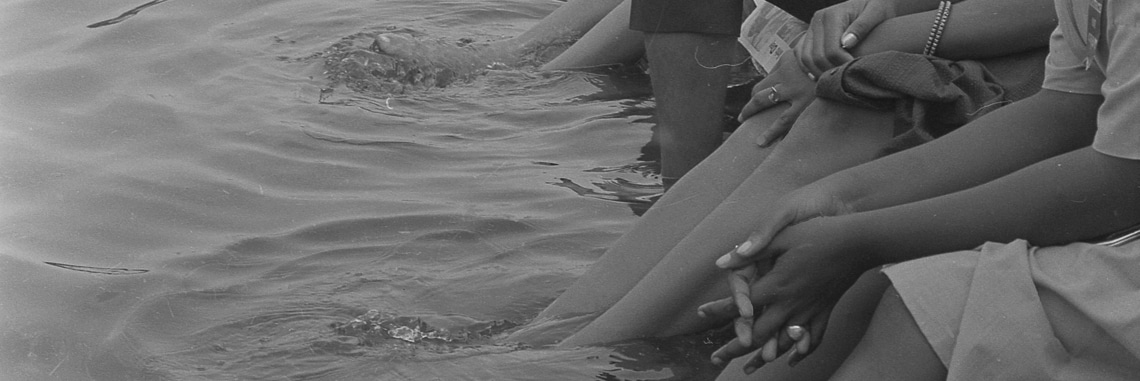
Nature, Cosmos, and Connection
The Reciprocity of the Universe
Thursday, February 18, 2021
The bloodline of God is connected to everything . . . shells on the ocean shore, the mushrooms growing in the forest, the trees stretching to the clouds, the tiniest speck of snow in the winter, and our dust-to-dustness—we are all connected and tethered to this sacred gift of creation. —Kaitlin B. Curtice, Native: Identity, Belonging, and Rediscovering God
In cultures that have kept alive the knowledge that we are all one, woven in the same fabric of life (what I referred to earlier this week as “the Great Chain of Being”), people honor the reciprocity of the universe through ritual and tradition. Botanist and member of the Citizen Potawatomi Nation Robin Wall Kimmerer elaborates on this teaching:
The ceremonial giveaway is an echo of our oldest teachings.
Generosity is simultaneously a moral and a material imperative, especially among people who live close to the land and know its waves of plenty and scarcity. Where the well-being of one is linked to the well-being of all. Wealth among traditional people is measured by having enough to give away. Hoarding the gift, we become constipated with wealth, bloated with possessions, too heavy to join the dance. . . .
I don’t know the origin of the giveaway, but I think that we learned it from watching the plants, especially the berries who offer up their gifts all wrapped in red and blue. We may forget the teacher, but our language remembers: our word for the giveaway, minidewak, means “they give from the heart.” At the word’s center lives the word min. Min is a root word for gift, but it is also the word for berry. In the poetry of our language, might speaking of minidewak remind us to be as the berries?
The berries are always present at our ceremonies. They join us in a wooden bowl. One big bowl and one big spoon, which are passed around the circle, so that each person can taste the sweetness, remember the gifts, and say thank you. . . . The generosity of the earth is not an invitation to take it all. Every bowl has a bottom. When it’s empty, it’s empty. . . .
How do we refill the empty bowl? Is gratitude alone enough? Berries teach us otherwise. . . . The berries trust that we will uphold our end of the bargain and disperse their seeds to new places to grow. . . . They remind us that all flourishing is mutual. We need the berries and the berries need us. Their gifts multiply by our care for them, and dwindle from our neglect. We are bound in a covenant of reciprocity, a pact of mutual responsibility to sustain those who sustain us. And so the empty bowl is filled. . . .
The moral covenant of reciprocity calls us to honor our responsibilities for all we have been given, for all that we have taken. It’s our turn now, long overdue. . . . Whatever our gift, we are called to give it and to dance for the renewal of the world.
Reference:
Robin Wall Kimmerer, Braiding Sweetgrass: Indigenous Wisdom, Scientific Knowledge, and the Teachings of Plants (Milkweed Editions: 2013), 381, 382, 384.
Story from Our Community:
These daily readings on the cosmos really resonate with me. When out under a dark quiet night sky observing everything I am struck with such wonder and serenity that it feels truly mystical. Although a science-based hobby, astronomy had certainly impacted my spiritual life and has made me completely in awe of the immensity of God. —Barry D.

